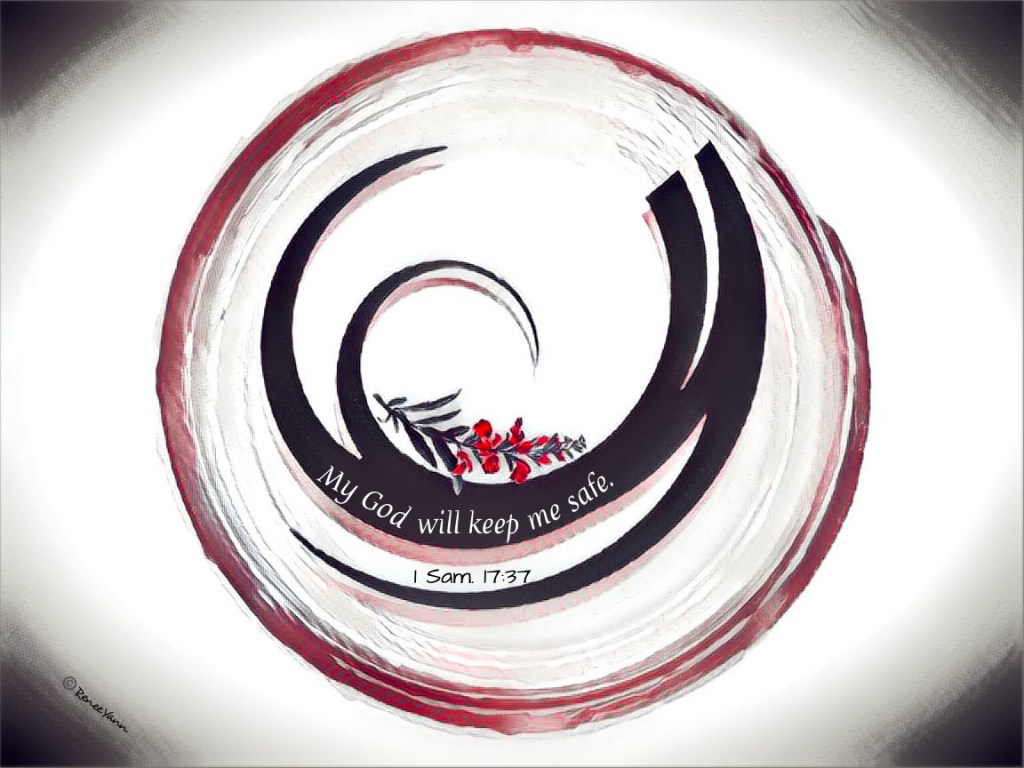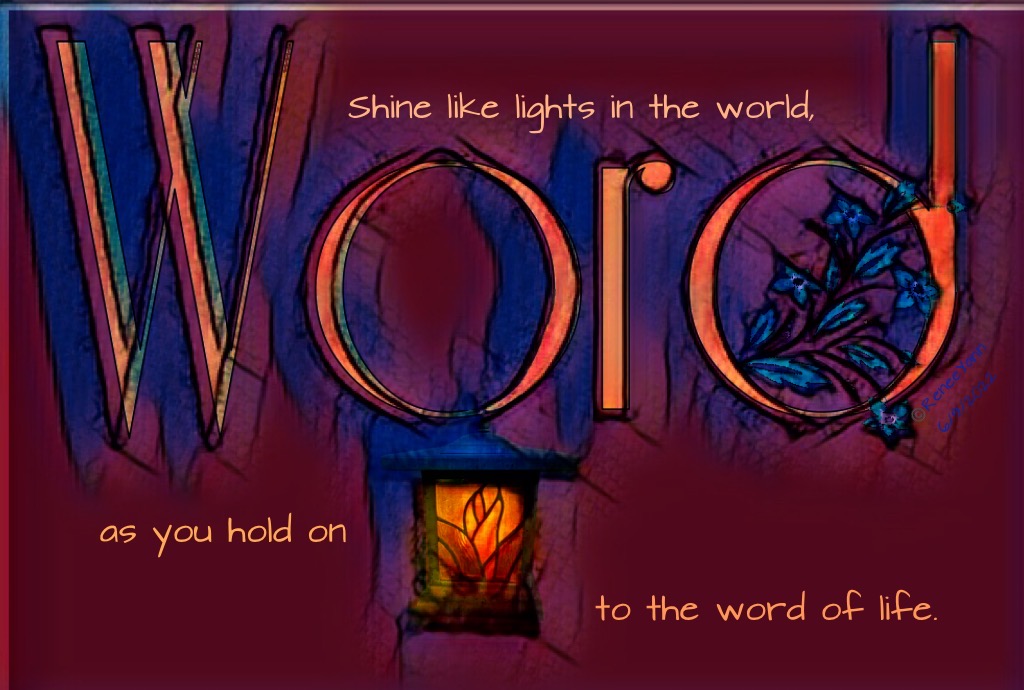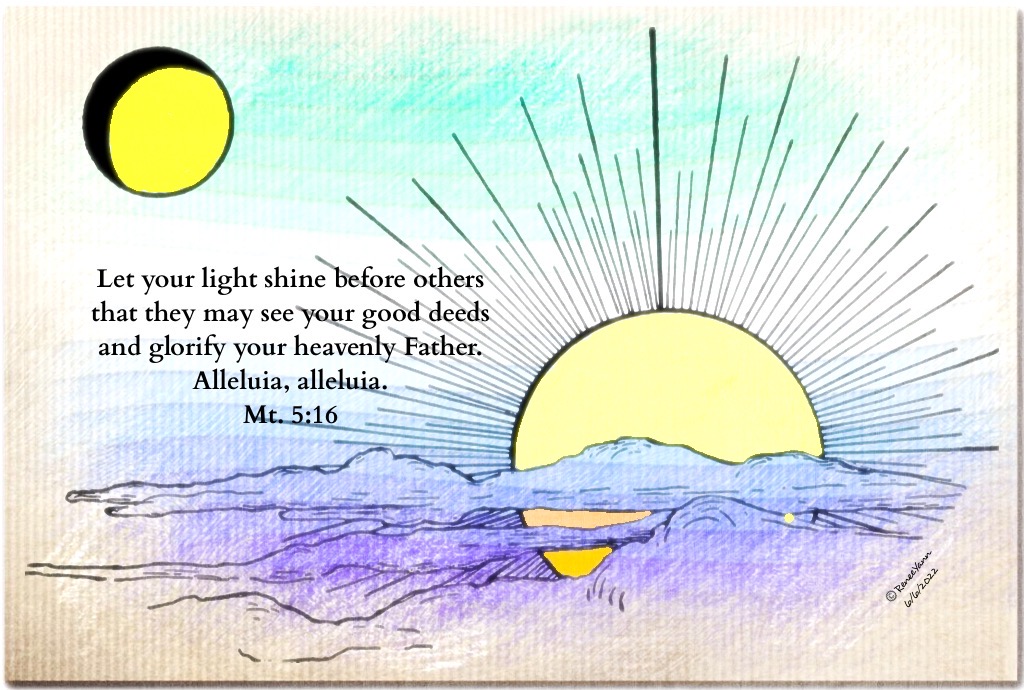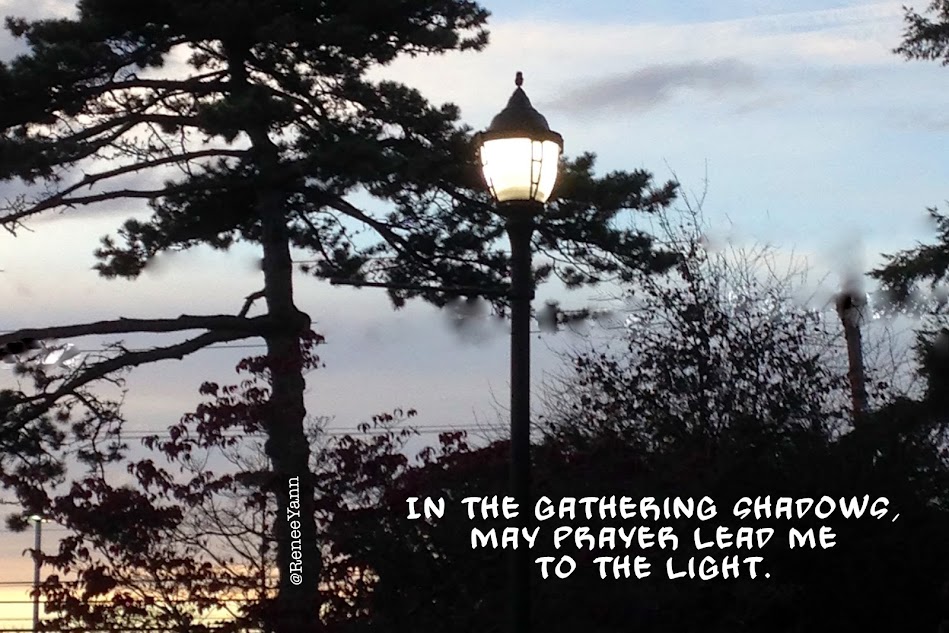Memorial of Saint Anthony, Abbot
Wednesday of the Second week in Ordinary Time
January 17, 2024
Today’s Readings:
https://bible.usccb.org/bible/readings/011724.cfm

Today, in God’s Lavish Mercy, both our readings are electric with emotion.
In our first reading, Israel is mortally threatened by the Philistines. We see Saul, their King, fearful and drained of courage. And we see David, their hope, filled with confidence in God’s presence and power.
David spoke to Saul:
1 Samuel 17: 32-33;37
“Let your majesty not lose courage.
I am at your service to go and fight this Philistine.”
But Saul answered David,
“You cannot go up against this Philistine and fight with him,
for you are only a youth, while he has been a warrior from his youth.”
David continued:
“The LORD, who delivered me from the claws of the lion and the bear,
will also keep me safe from the clutches of this Philistine.”
Saul answered David, “Go! the LORD will be with you.”
Young David engages God’s power with the confidence generated by innocence and goodness. This is the same confidence that Jesus has as he lives out his call. He knows what the Divine desire for us – our healing and wholeness. He is one with that desire.
In today’s Gospel, Jesus sees a man suffering from a withered hand. He knows he has the power to heal this man and that the Father desires such healing. But the Pharisees, who are afraid of Jesus’s power, invoke the Law in an attempt to control him.
The Pharisees watched Jesus closely
Mark 3:2-4
to see if Jesus would cure the man on the sabbath
so that they might accuse him.
He said to the man with the withered hand,
“Come up here before us.”
Then he said to the Pharisees,
“Is it lawful to do good on the sabbath rather than to do evil,
to save life rather than to destroy it?”
But the Pharisees didn’t even have the guts to answer Jesus. This angered him. He was disgusted with their small-hearted selfishness. Rather than be filled with wonder at this man restored to wholeness, “… they went out and plotted against Jesus.”
We often encounter this kind of fearful smallness in our lives … sometimes even in ourselves. What can we learn from David and Jesus about confidently living a larger life, held within the power of God?
Prose Poem: West Wind 2 – Mary Oliver
You are young. So you know everything. You leap
into the boat and begin rowing. But, listen to me.
Without fanfare, without embarrassment, without
any doubt, I talk directly to your soul. Listen to me.
Lift the oars from the water, let your arms rest, and
your heart, and your heart’s little intelligence, and listen to
me.
There is life without love. It is not worth a bent
penny, or a scuffed shoe. It is not worth the body of a
dead dog nine days unburied.
When you hear, a mile
away and still out of sight, the churn of the water
as it begins to swirl and roil, fretting around the
sharp rocks — when you feel the mist on your mouth
and sense ahead the embattlement, the long falls
plunging and steaming—then row, row for your life
toward it.
Music: Confidence – by Sanctus Real






















